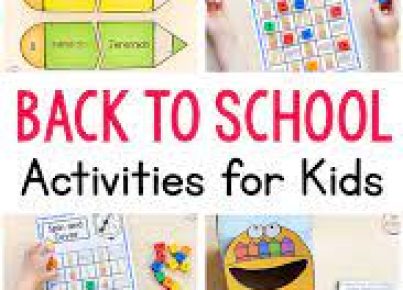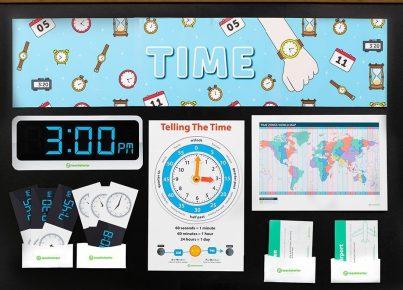Introduction:
As education systems across the world continuously evolve, so too do the methods employed to engage and challenge students. One such method that is gaining popularity is personalised learning. By catering to individuals with unique strengths, passions, and learning styles, personalised learning ensures growth and development for all students, particularly for those who are able. The following article delves into the realm of personalised learning opportunities for able students and discusses how they can unlock their full potential.
Section 1: Defining Personalised Learning and Able Students
Personalised learning is an adaptive approach to education that tailors teaching techniques, subject material, and the pace of instruction according to the unique needs of each student. It fosters a more inclusive classroom experience while driving exceptional academic achievement.
Able students are those who possess a high aptitude in one or more areas, often excelling in academic or creative pursuits. They tend to grasp new concepts quickly and may become disengaged in a traditional classroom setting where they are not adequately challenged.
Section 2: Benefits of Personalised Learning for Able Students
Personalised learning offers several advantages to able students by addressing their specific needs. Some key benefits include:
1. Enhanced Engagement: Personalised content helps keep able students motivated and engaged by presenting them with tasks that are challenging yet achievable.
2. Accelerated Learning: Through customised lesson plans, teachers can provide a suitable pace enabling quicker progress and making efficient use of time.
3. Deeper Understanding: By delving into topics that cater to their interests, able students build strong foundational knowledge resulting in long-term retention.
4. Emotional Well-being: Developing social-emotional skills alongside academics helps boost self-esteem, mental health and overall well-being.
Section 3: Strategies for Implementing Personalised Learning
Teachers play a crucial role in providing personalised learning opportunities for able students. Here are a few strategies teachers can implement:
1. Differentiation: Modify learning materials, assessment procedures, and classroom activities to suit individual needs and abilities.
2. Project-Based Learning: Encourage students to work on self-directed projects with real-world applications that align with their passions.
3. Independent Study: Provide opportunities for able students to engage in self-paced learning or participate in online courses and workshops.
4. Mentorship Programs: Pair able students with mentors who have expertise in their area of interest to help guide their exploration.
Section 4: Tools & Resources for Personalised Learning
To effectively implement personalised learning, teachers can utilize digital tools that equip students with the freedom to learn at their own pace. A few such tools include:
1. earning Management Systems (LMS): Platforms such as Edmodo or Google Classroom provide a centralized hub for managing curriculum, assessment and learning delivery.
2. Online Learning Modules: Websites like Khan Academy, Coursera, and Udemy offer specialised programs which cater to diverse interests and abilities.
3. Educational Apps: Applications like Duolingo and Quizlet provide interactive and engaging content while tracking progress and offering personalized feedback.
Conclusion:
Personalised learning carries immense potential to transform the educational landscape for able students, offering them an opportunity to unleash their creativity, hone their skills, and reach their full potential. With mindful planning, dedicated educators can create tailored experiences that inspire growth and nurture lifelong learners – regardless of where their abilities lie.





